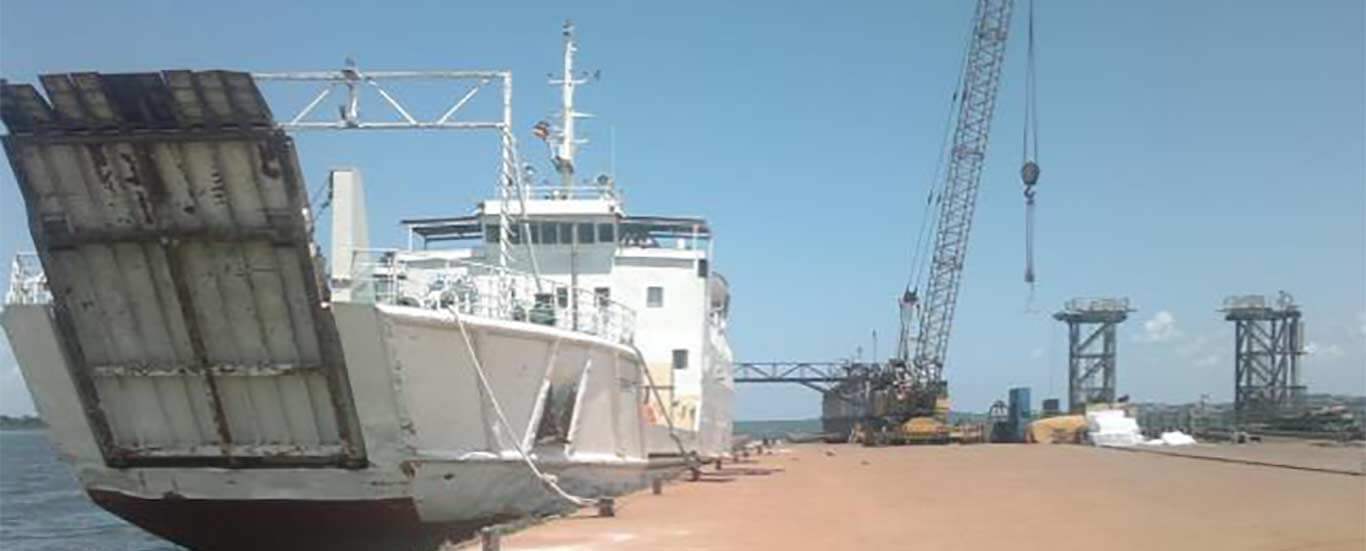[vc_row][vc_column][custom_inner_menus select_menu="project"][/vc_column][/vc_row][vc_row][vc_column][single_project_block_1 heading="Uganda Shippers Council – Reduction in cargo transit time and costs for shippers." implementor="Uganda Shippers Council (USC)" target_group="Shippers, transporters, exporters, clearing agents" project_value="US$130,000" implementation_period="2014 - 2016" download_btn_text="Download Project PDF" download_btn_link="#url"]African economies generally have the highest trade logistics costs in the world and the EAC is not an exception to this trend. In a recent study, estimates for Kenya, Tanzania and Uganda placed the average cost of trade logistics services at the equivalent of a tax of between 25 and 40% on value-added. The key factor for the ability of a country to participate in supply chains is the efficiency of local trade facilitation and logistics services. Improving logistics performance and facilitating trade have been estimated to have positive effects in expanding country trade, increasing trade impacts of lowering remaining border barriers by a factor of two or more. For landlocked countries to increase exports, infrastructure to facilitate rapid entry is required. However, landlocked countries are challenged by a lack of sites for production, low level of skills and high costs of power. What: This project aims to enhance competitiveness in the supply chain for importers and exporters (cargo owners) in Uganda by constantly engaging with regional transport policy makers to effectively advocate for a reliable logistics environment and participating in negotiations to reduce the cost of doing business for shippers in this country. The project will develop position papers for advocacy on auxiliary costs affecting Uganda shippers, policy brief on cheaper, alternative transport system, improve compliance by shippers...
Uganda Shippers Council – Reduction in cargo transit time and costs for shippers.
Posted on: September 24, 2014
Posted on: September 24, 2014















